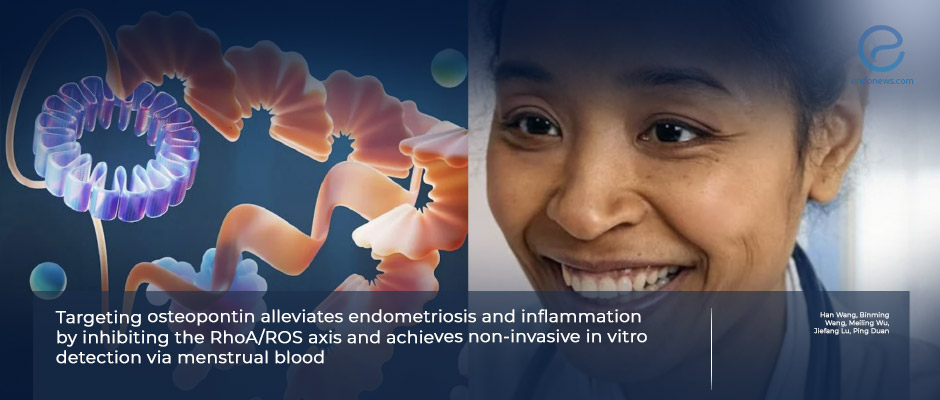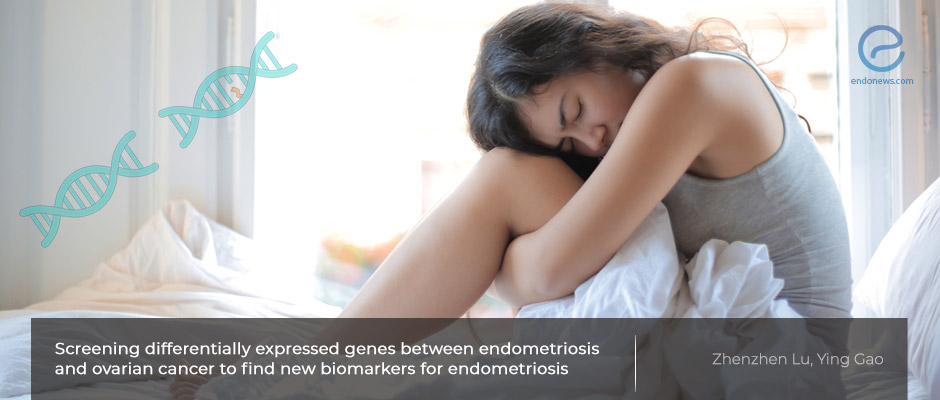Targeting Osteopontin to Detect and Treat Endometriosis
The protein osteopontin is significantly elevated in ectopic endometrial stromal cells and in the menstrual blood of individuals with endometriosis, according to a recent study published in Human Reproduction. The findings suggest that osteopontin plays a key role in driving…
Key Points Lay SummaryResearch Identifies New Genes That Could Be Targeted to Treat Endometriosis
Researchers identified three new genes that could help understand the invasiveness of endometriosis. They also identified one new gene that could be related to the recurrence of the disease. These genes may potentially be new therapeutic targets for endometriosis. In…
Key Points Lay SummaryEndometriotic mesenchymal stem cells may promote endometriosis
The cause of endometriosis is still debatable. Many researchers have accepted that retrograde menstruation, where the endometrial fragments released during menstruation attach and colonize the ectopic locations, is the most plausible reason. However, the numbers just do not add up.…
Key Points Lay SummaryGal-3 can be a pharmacological target in endometriosis treatment
Galectins are known to play a significant role in angiogenesis, which is a key event contributing to the development of many disease conditions, one of which is endometriosis. Past studies, upon examining several human endometriotic lesions, showed that Galectin-3 (Gal-3)…
Key Points Lay SummaryAdhesion molecules and endometriosis
Decoy receptor 3 (DcR3) is an immunomodulator regulated by estrogen and can regulate cell adhesion, which is a critical step in the initiation of endometriosis. In particular, the cell adhesion molecules, including ICAM-1 (intercellular adhesion molecule 1) and HCAM (homing…
Key Points Lay Summary
 By Özge Özkaya
By Özge Özkaya


 By Yu Yu
By Yu Yu

 By Demet Candaş Green
By Demet Candaş Green
